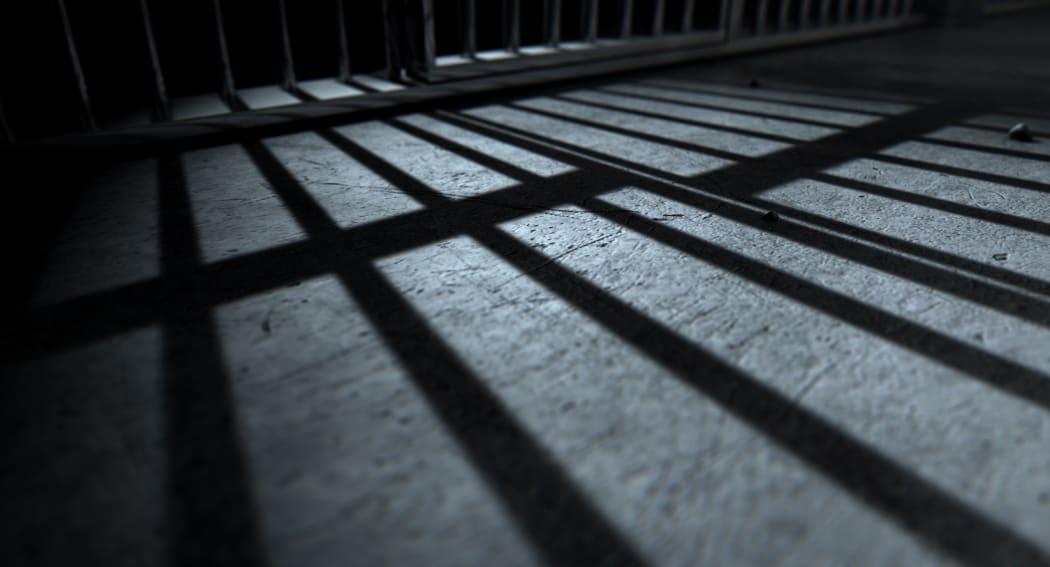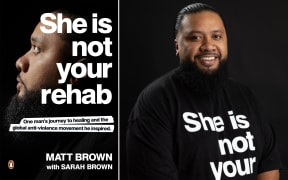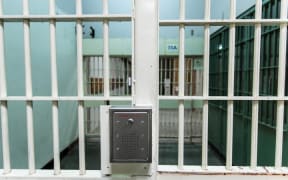A man who has been in prison for a decade has been told he will have to wait another two years before he can receive any form of psychological treatment, his lawyer says.

Photo: 123rf
The lawyer, Judith Fyfe, said the Department of Corrections knows it is keeping prisoners inside for longer, simply because it lacks the resources for treatment and rehab programmes.
Parole Board chair Sir Ron Young wrote to Corrections Minister Kelvin Davis in January criticising the department and explaining the need for significant improvement.
But Davis denied there was a problem, and said it was better for prisoners to receive treatment just before release.
Kathy has two sons who were both sent to prison for the same crime - they received identical sentences but were sent to different prisons, with very different outcomes.
One, with the help of a case manager was able to get into programmes, and was subsequently released on parole within two years.
For her other son, it was not so easy. He served three months more, simply because he wasn't able to get on the courses he needed to meet parole eligibility, she said.
Two of his promised youth courses were cancelled because there were not enough inmates to fill them up.
Another reason given for delaying courses was that Corrections didn't want him mixing with the "mainstream prison population", Kathy said.
She said that did not make sense.
"He was in a mainstream unit with predominantly Mongrel Mob.
"Luckily he actually got on with them, but he could have easily gone along that road of going in and thinking 'oh yeah, I might as well be a Mongrel Mob' especially at that age."
He is now 21-year's-old and was released on Monday after finally completing the programme.
Judith Fyfe was his lawyer - she is also the acting convenor of Parole Law Committee, from the Wellington branch of the Law Society.
Delays around access to rehabilitation programmes or psychological help was not new, and getting worse, she said.

Corrections Minister Kelvin Davis denies there is a problem. Photo: RNZ / Dom Thomas
Fyfe had dozens of clients on her books facing the same problem, and said one man wasn't eligible for any programmes after 10 years in prison.
"The only alternative if you don't meet the criteria for the offender programmes is one-on-one work with a psychologist.
"His sentence is 13 years. He has been waiting all that time, he still hasn't had treatment and I was advised last week it would be unlikely that he would start his treatment until the year before his sentence ends in 2024.
"We have a waiting list of up to two years for most of our clients to get one on one treatment. It's quite dire.
"I'm now trying to get it privately. I've been through seven psychologists, and have been turned down by all of them except for one. They're just too busy."
Minister Kelvin Davis said inmates were often not getting help because they were not yet ready for it.
But Fyfe said that was wrong and Corrections knew it was keeping people in prison longer just because it did not have the resources. That delay only made the prisoners harder to treat, she said.
"There is definitely a threshold where a lot more work is required to rehabilitate somebody, if they have been sitting there year after year."
Patricia Walsh is a social worker who once served time herself.
She said staying in prison longer does not make you a better person, but an angrier and more destroyed one.
"To have someone sit in a cell to 80 percent of their prison sentence and not engage with anything that is positive, that's detrimental to anybody's wellbeing. That's not good for your wairua."
The more help someone gets, the better chance at life they have, Walsh said.
"The longer you stay there, the more physiological and psychological impacts it has on you, and you take that out into the community.
"If you're going to be spending time in prison, make the most of that time, let's give that person the optimum chance to have a different life."
Prisoners are eligible to apply for parole after one third of their sentence, but most will serve more than three quarters.






